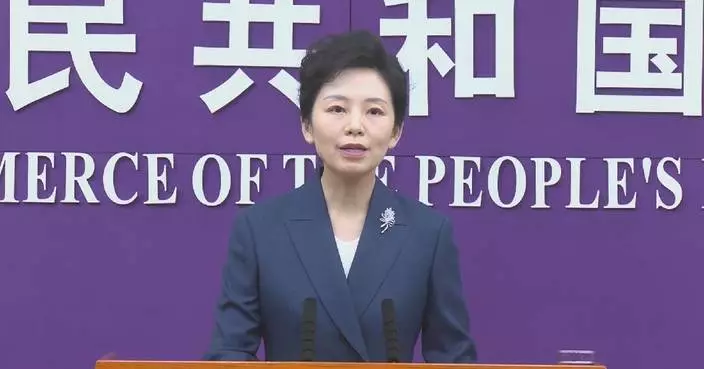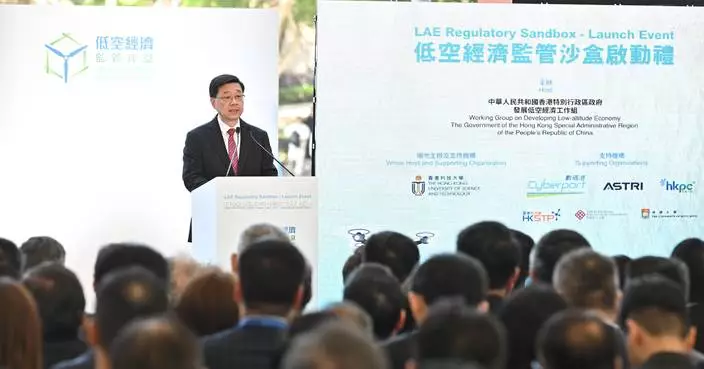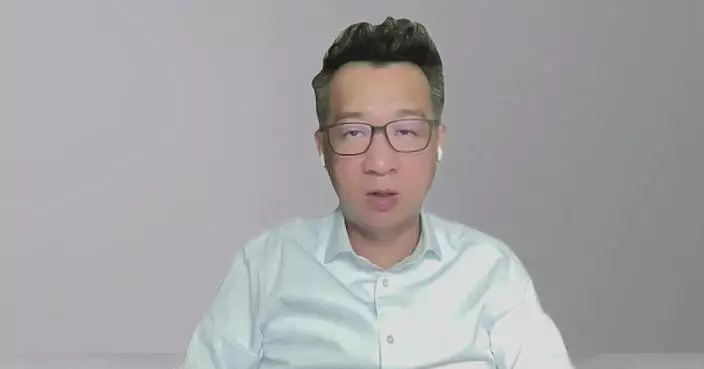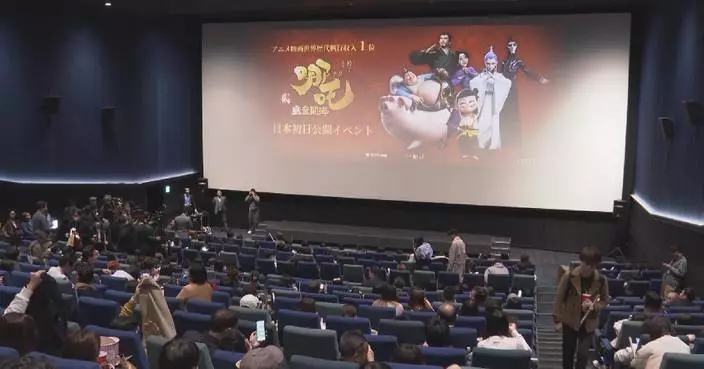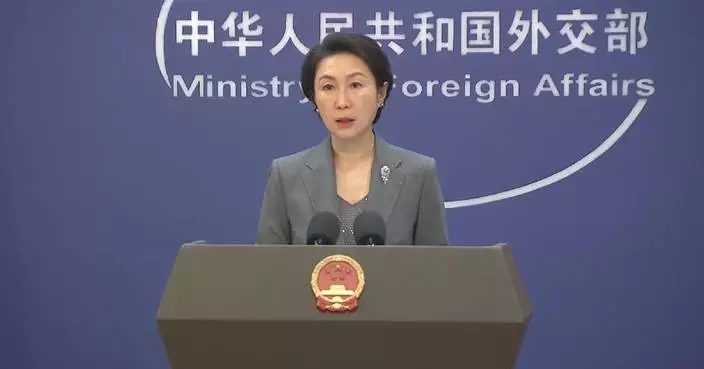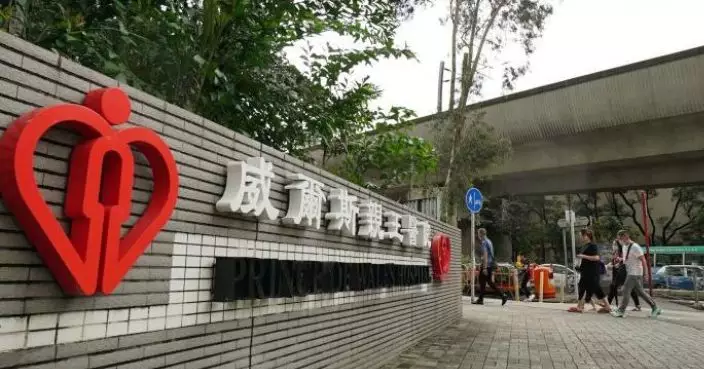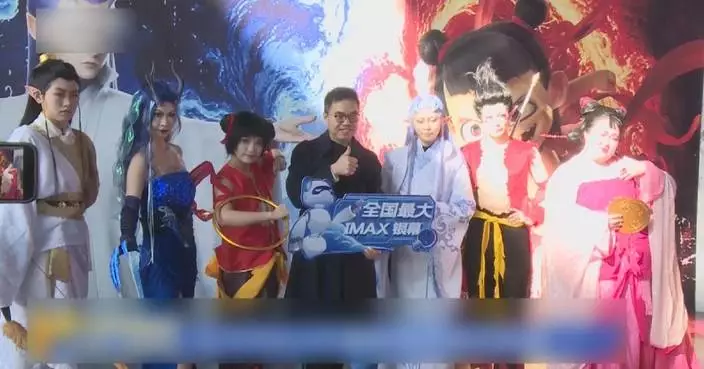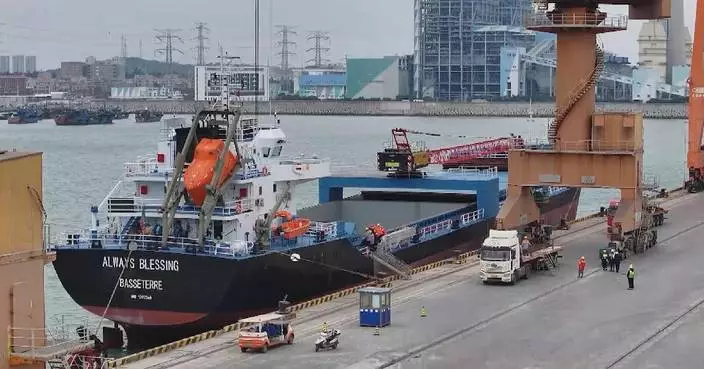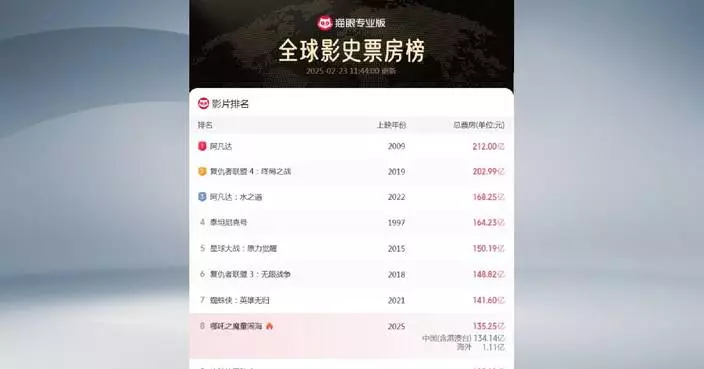The development and deployment of intelligent connected vehicles (ICVs) in Wuxi City of east China's Jiangsu Province, one of the key testbeds for this new form of urban transport, is proceeding at pace through testing and integrated research and development.
The eastern Chinese city has attracted more than 300 ICV-related companies, with many moving to a newly-built industrial park dedicated to automotive technology and related industries.
The head of a company that produces radar sensors for ICVs, and recently moved into new premises inside the park, said that they were able to resume production as soon as they had moved in.
"We are doing both our jobs. There is no time to waste because the market does not wait," said Wang Mianjia, manager of the radar project at Weifu High-Technology Group.
Another recently established company called Autolink says its orders are up 50 percent so far this year, and its production capacity had quadrupled or quintupled.
The company produces intelligent cockpit controllers, which integrate more than 3,000 components, more than 100 million lines of code, and multiple control functions to operate the car.
"Next year and the year after that, we will come out with two new generations of products respectively, integrating the entire intelligent self-driving domain to form a more evolved brain for ICVs," said Yang Hongze, Autolink's chairman.
In addition to cars, the use of ICVs requires the development of infrastructure. City officials said they have improved roads and communication facilities to encourage road testing and ensure safety.
"We have transformed the city's infrastructure with intelligent networking. Through roadside facilities for ICVs and other construction, we have promoted the formation of an innovative industrial development atmosphere and the development of new quality productive forces," said Qin Xiaohua, deputy director of Wuxi City’s Industry and Information Technology Bureau.
The city is also bringing together research institutes, enterprises and other organizations to support the development of this sector through research and development, marketing and finance. Chen Dapeng, director of Wuxi Internet of Things Promotion Center, said such cooperation had helped build 13 technology innovation bases, four joint laboratories, leading to an average R and D investment rate of 7.36 percent in related industries.
"We bring together a variety of modes. On the one hand, we connect scientific research resources, including experts and academics in universities and research institutes; on the other hand, we connect enterprises. We achieve broad cooperation among small organizations, which we believe is the weaver of the chain of industrial clusters," he said.

Development of intelligent connected vehicles moving fast in Wuxi










